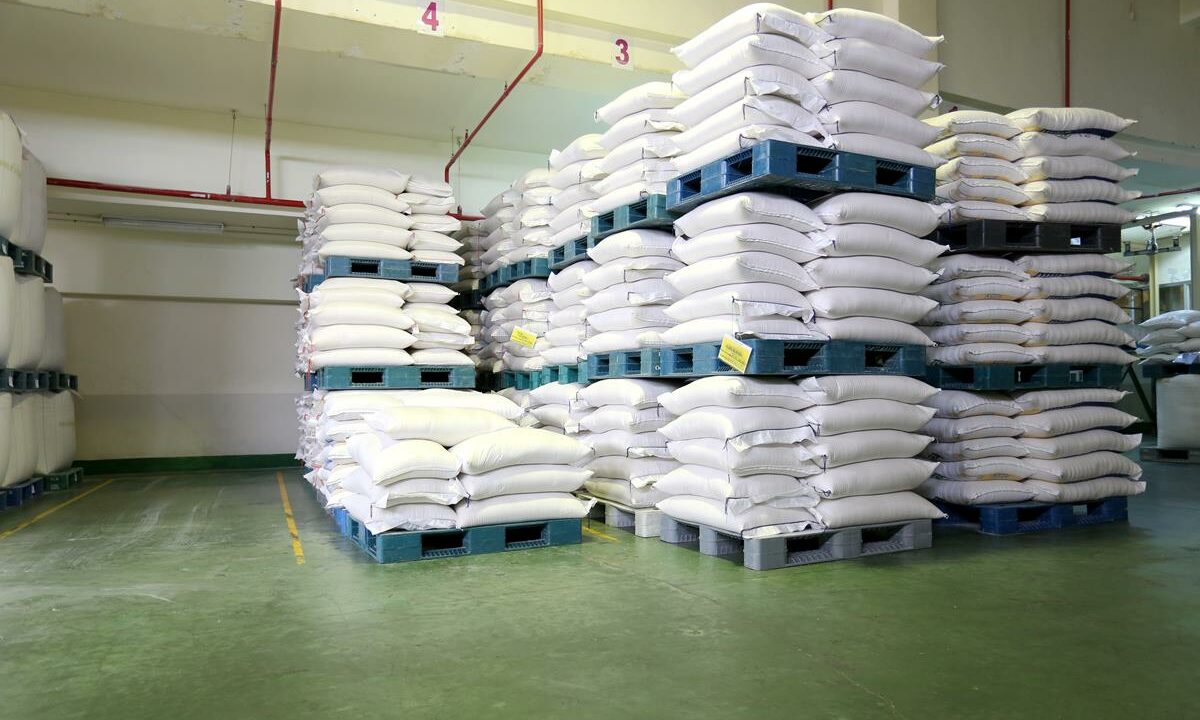Prices offered at the third skimmed milk powder (SMP) public intervention tender last week ranged from €155/100kg to €190/100kg.
These were well below the minimum price set at the first tender on December 15 of €215.1/100kg.
As a consequence, the Commission recommended for a second time to refuse all the offers on the count that they were well below prevailing market prices. Price bids were received for a total of 7,490t of powder.
The quantities offered for sale by the EU Commission since November past represent roughly 6% of the total 354,000t which went into public storage in 2015 and 2016.
According to Brussels sources, the move to release these first volumes reflects encouraging signs of recovery on the European milk market.
Following a steady slow-down, no further quantities of skimmed milk powder have been put into public intervention since September 2016.
The Commission is making it clear that the decision to refuse all offers and wait for better bids at the next tender underlines once more that selling at any cost has never been an option for Brussels.
Instead, maintaining market balance and price recovery remain its main objectives. A fourth tender for the sale of SMP has been opened, with February 7 next as the deadline for submitting bids.
ICMSA president John Comer has welcomed the stance taken by the Commission.
“We do not to see any steps decisions taken by Brussels that will harm the recovery in milk prices that is expected to be maintained well into the second quarter of this year,” he said.
AHDB Dairy analysts are pointing out that buyers have shown a resistance to purchasing stock above market price.
A spokesperson said that this is what the Commission is looking to achieve.
“However, with the EU flush not all that far away, selling product from intervention may become trickier. Buyers are likely to wait for clearer market signals around production before any significant commitment to the market.
“A low flush could see buyers increase their offer prices, allowing the Commission to achieve its goal.
“However, a normal/high flush could alter the supply/demand balance and limit the opportunities for the Commission to sell at full market price.
“Whether the Commission then need to re-set their price aspirations will depend much on the longevity of product in storage.”

